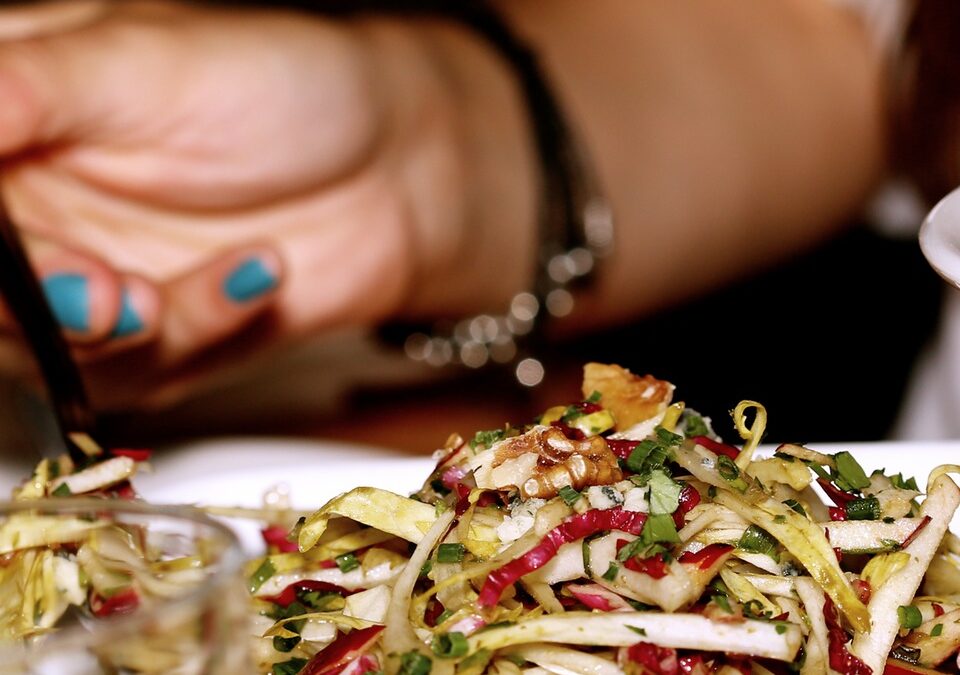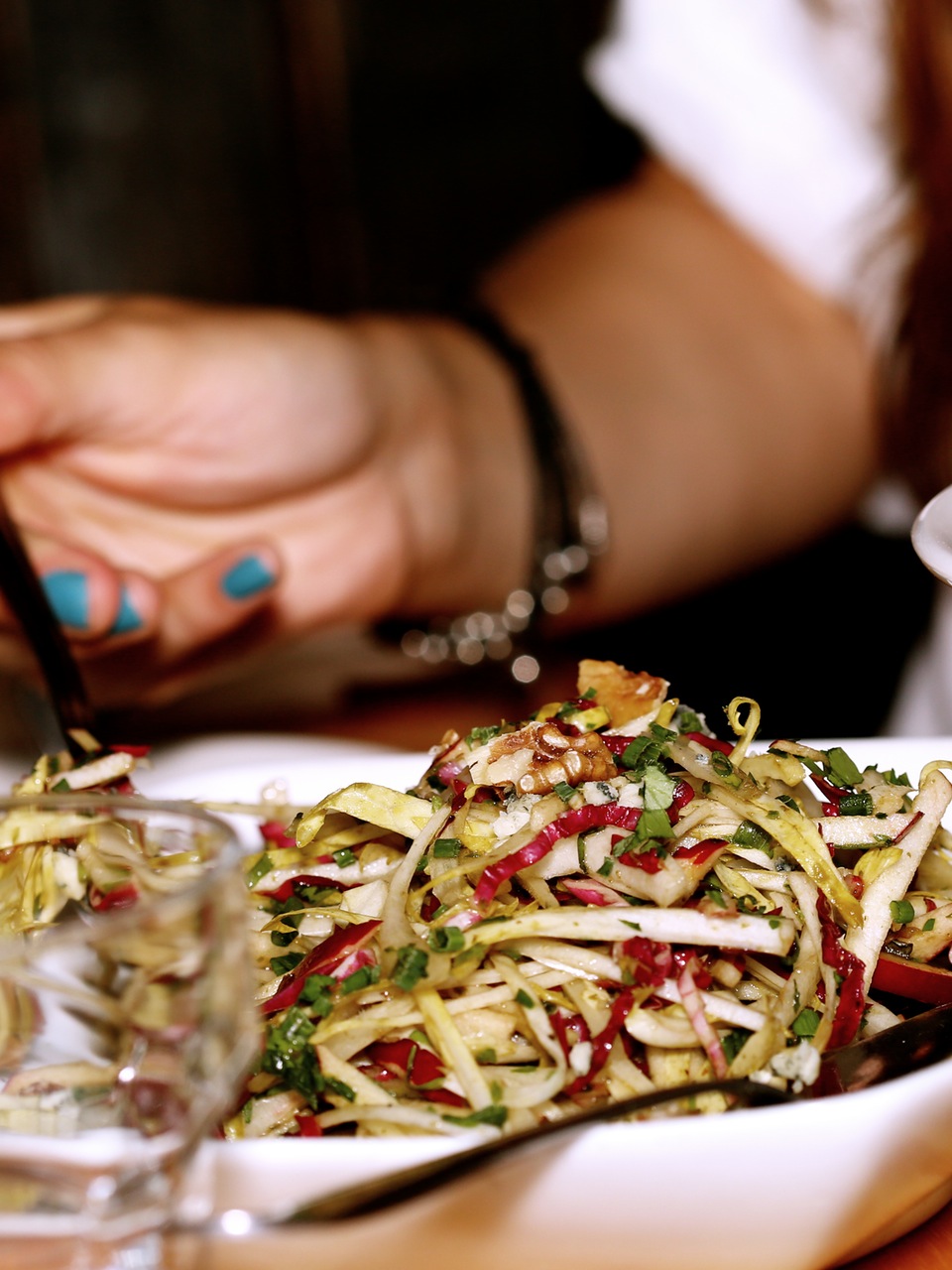Unrealistic Expectations
In this episode Marishu And Colin break down the unrealistic expectations and supply you with tips and tricks to being fulfilled in your parenting and relationships. Also touching on bridging the gap of different parenting styles; and the importance of a positive productive environment and how to achieve it.
Listen Now. Press Play!
0:21 – Marishu Introduces Colin and the topic of “unrealistic expectations of parenting”
1:00 – Colin shares the variables all parents are faced with
1:51 – Marishu shares the issues of undiscussed expectations
3:15 – Marishu breaks down the negative language that is used and encourages you to be realistic
4:30 – Colin shares a tip of knowledge about the questions we ask ourselves
5:30 – Marishu explains the value of being whole on your own and knowing what that is “keeping your love tank full”
6:47 – Colin shares his outlook on all the different outlets there are for gaining knowledge of parenting and how they have progressed over the years
7:47 – Marishu opens up about some tools for parents to discuss to make sure expectations can be met or compromised on
8:41 – Colin shares a story about spousal clash
9:25 – Marishu expands on agreements, be open to breaking down a way to co parent
10:17 – Marishu poses the question of spanking ‘Yay Or Neigh’
11:00 – Coloring book commercial (link needed)
12:02 – Marishu welcomes back Colin
12:30 – Marishu shares a story of how telling the truth creates realistic expectations
13:35 – Discussion of bridging together two different parenting styles
15:04 – Colin emphasises the need of finding a common ground
15:30 – Colin shares a story of listening to his child’s expectations
17:00 – Be the kind of parent who listens to a child’s goals and expectations
17:30 – Marishu shares a profound quote of scripture
18:00 – Marishu encourages you to listen to your children and don’t over expect from them
18:47 – Colin adds a tool to your parenting tool box
20:08 – Colin ensures the importance of environment and Marishu shares how to do that without leaving your neighbourhood
21:04 – Marishu recaps unrealistic expectations and content with what we have to offer
21:57 – Keep the line of communication open with your children and listen and have realistic expectations
23:22 – Colin explains his passion for environment and maximizing potential by altering environment
24:00 – Marishu Breaks down the imperfection in perfection
25:00 – weecanimagine.com the parenting-toolbox.com
25:30 – Colin enlightens us on the joy of the journey not just the destination
26:00 – (link to books)









